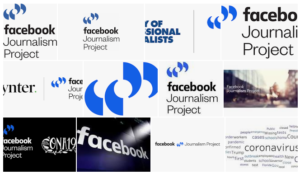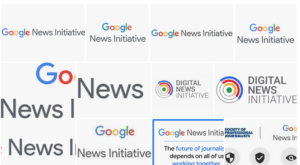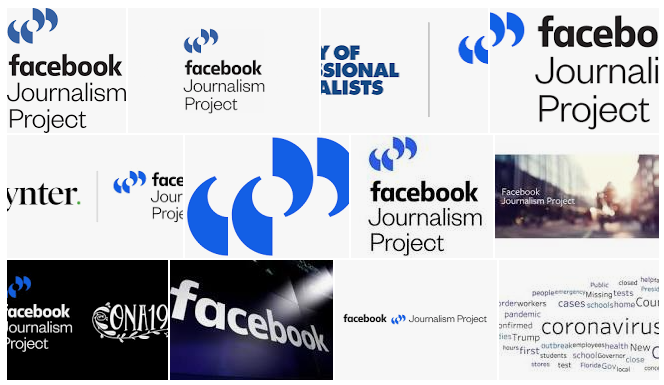Why independent bloggers need DEI from funders
The news media landscape has been evolving, where independent bloggers and freelancers are an essential part of the news ecosystem, which supports our democracy. 
Nevertheless, due to the new digital era and the independent roles that have been established, some bloggers and journalists are experiencing revenue disadvantages in funding for small blog businesses, and from advertisement networks such as Google AdSense.
They lack diversity, equity and inclusion (DEI).
An example of the changes in the journalism industry exists even with the New York Times that has transitioned from a traditional newsroom with a large daily newspaper circulation, to include a robust digital online presence nowadays. Many other publications these days do not even have print copies but are now only online.
With emerging online news options, the entire business at large continues to change. Headlines and news leads no longer strictly adhere to traditional Associated Press (AP) rules, in terms of length and forbidden English articles such as “the,” “a” and “an.” The game is so different now because the Internet provides unlimited space for content.
But with so much in and a lot more gone from our newsrooms, who will be paying for the new technology and those using it for freelance and independent work?
Is the answer the collaboratives such as The Lenfest Institute and Facebook Journalism Project?
“The Lenfest Institute team was hired in Sept. 2016, and our first major grant program was 2017,’’ stated Jim Friedlich, who is part of the Lenfest-FJP team.
Many other organizations such as grant funders for Journalism projects and initiatives are on the rise to endeavor in assisting with business costs and revenues. But who gets these funds? Do all eligible and qualified journalists get their fair share? The answer is, NO!
The Google News Initiative, for example, tries to be inclusive with each of their different funding projects. 
“We try to fund for a diversity of applicants, so we change the themes, too: From local and technology to diversity equity and inclusion,” explained Madhav Chinnappa, director of News Ecosystem Development at GNI.
The GNI has been funding innovative Journalism projects for a few years now, and since the COVID-19 Pandemic, it even funded journalists just to help with emergency revenues. But still, the DEI efforts to fund all eligible applicants have not been fully successful.
This is where we experience the adverse effects of traditional journalism out, and digital in. With all the newspaper industry changes and the issues of downsizing, the Internet has replaced a lot of manpower, or people needed for newsroom jobs.
So, now we have social media, bloggers, and independent Journalists doing the traditional newsroom jobs that must go on in a digital era. This is a big deal. Everyone now has a stronger voice. Democracy is very much alive. But not everyone is getting paid.
Journalist are still carrying on the voice of their local newspapers in a digital way. The problem is, who pays the digital journalists now? How do bloggers and Independent Journalist get paid for helping to keep our democracy functioning?
There are a few true and tried methods for revenue: Of course, the grant funders make an effort; also do the advertisement networks such as Google AdSense and others, and thanks to readers’ contributions.
But all that is not enough when some independent journalists are constantly working and posting their stories but are not making a living wage. It seems this disparity affects minorities because of the built-in systematic injustices that are tied into the new journalism revenue systems.
Grant funding is never guaranteed even though minority applicants are very eligible and over-qualified. Neither are the payments from Google AdSense diverse, equitable or inclusive. Minority journalists always have to compete for a paycheck. This is a huge discrepancy in the revenue system and for our shared democracy.
Although Chinnappa states that Google Adsense does not intentionally lack DEI, and “that it is definitely not the intent in any of (Google) products,” to show disparity, some Journalist are just not happy with the current revenue system that significantly limits payments for those who work, but are not as accepted or as popular.
Our democracy needs all our voices, not just some. That’s why voting matters for all, and so does journalism.
Now, with everyone having a place online to speak up and help to contribute to a variety of discourses, communities have a greater sense of our common humanity, and a better understanding of who we all are, and our place and purpose in society.
All people matter. All of our voices and our purposes matter.

